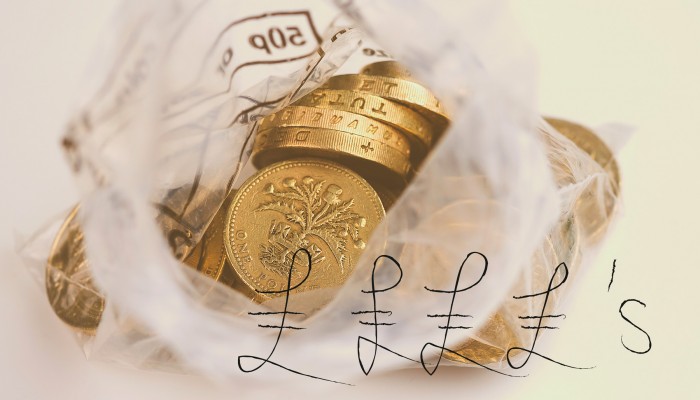- Related Articles
- Starting A Family
- Pensions
- Savings
- What Would You Save For?
- Tips For Choosing A Savings Account
Although you can’t plan for every eventuality, there will be occasions which will prompt a financial emergency and require you to have access to additional money. The best thing you can do to prepare yourself is to have some savings set aside, an emergency fund.
Be financially prepared
In life, you should expect the unexpected (said in our most cryptic and mysterious voice) but what do we really mean by that? Well, financial ‘emergencies’ can come in many different forms, with some having more impact than others, from a job loss or someone in the family falling ill to home expenses or car repairs. It may even be something that you would never have imagined in your wildest dreams. But don’t let this worry you, if you have some money put away, you don’t need to be able to predict the future, just that you will be better prepared to deal with it. Now relax…
Most ‘emergency fund’ advice will recommend you have enough savings to cover three to six months of living expenses for use in times of need. And whilst that is the ideal, back in the real world, most of us don’t even have a few weeks’ savings put aside. So, if that sounds like you, and you currently have no savings at all, why not start with the aim of building up perhaps £1,000 as an emergency buffer (or a bit more if you think your monthly expenses are more than that!)
Whilst that sort of figure won’t protect you from unemployment or illness, it will mean that the smaller emergencies like the car needing a new exhaust or the freezer going in to meltdown will be covered. Just knowing that you have even a small amount to help pay for unexpected predicaments, should be a huge weight off your shoulders and give you a sense of freedom from the constant fear of not knowing what is around the corner. Why not try it?
Where should you keep your pot of money?
As we are talking ‘emergencies’ the vital requirement is to be able to access your cash quickly, no waiting five days for the money to be transferred or facing a large penalty for making an early withdrawal. To find out more about some of the options available to you, visit Savings.
Remember, if you are starting your emergency funds from scratch, the key is to start small. Accumulating even two weeks’ worth of expenses will take some time, but the sense of pride in your achievement, knowing you and your family have a back-up, should make it all worthwhile. Once you’ve got your emergency stash, take a look at What Would You Do If You Could Predict Your Financial Future for help working out where your next savings priorities lie.
